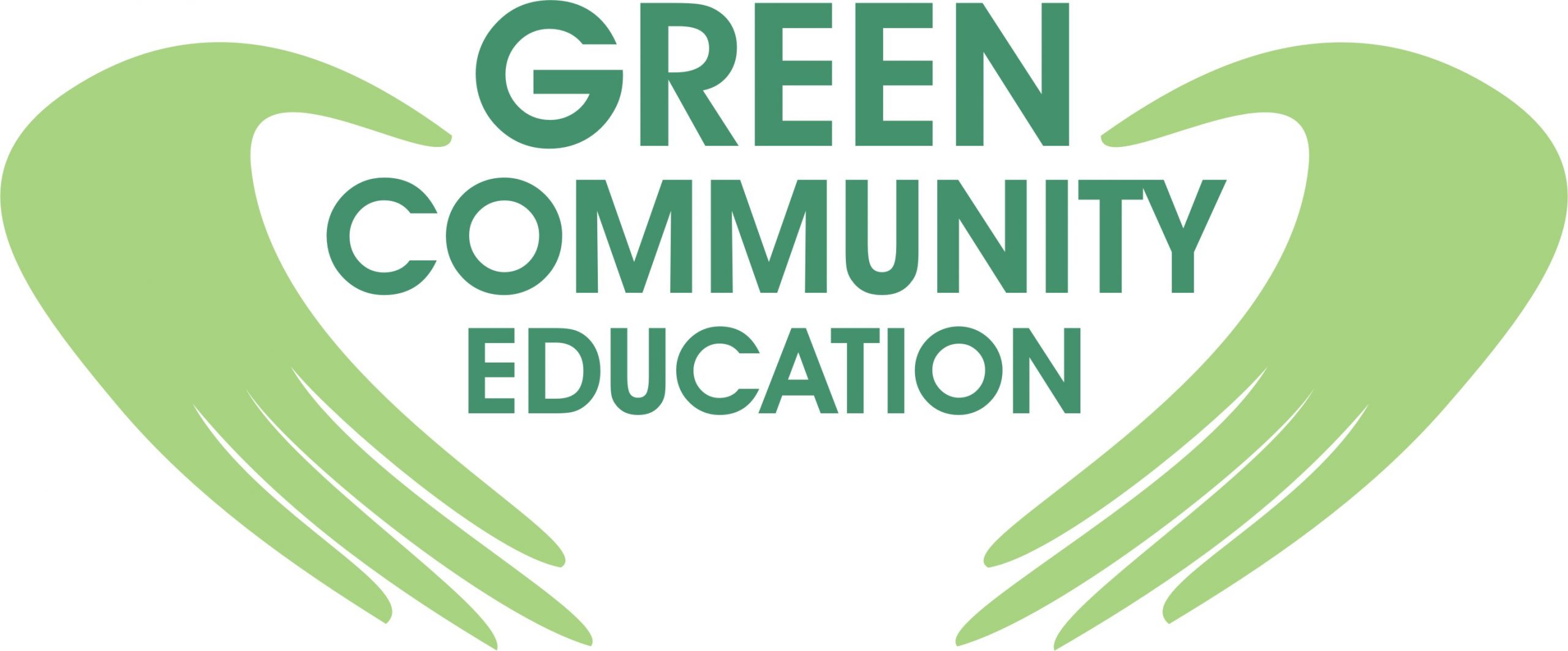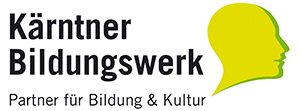
One year „Green Community Education
Status quo of the project
‘’Community education in the field of environmental and climate protection
as potential for civil society engagement’’
Since November 2020, 3 partner organizations from Austria, Romania and Greece have been working in the project „Community Education in the field of environmental and climate protection as potential for civil society“ on the question of which methods of community education can contribute to the promotion of climate and environmental protection. The concrete results will be presented in a virtual conference on October 21, 2022. The project is co-financed by the Erasmus+ program of the European Union.
About the project
Citizens’ participation in the communities not only increases the quality of life but also promotes cohesion and identity in a village. People who make a difference in the community and use their skills and talents to actively manage their living environment, make a significant contribution to the social and community life. Effective local development and shaping can only succeed through the active involvement of the people who live there.
Thus, the project follows the principles and methods of community education, with learning by participating as a central tool in the shaping of community life. The forms of learning addressed here are composed of learning through joint action by citizens, learning through educational opportunities geared to community needs, and learning through networking of local and regional groups and organizations.
What has been done?
We are on track with the project’s key objectives, which include developing a community education concept, exchange of experiences in implementing community education processes under different conditions in rural and urban areas, the development of criteria to establish what good practice looks like in community education in the field for environmental and climate protection, and the collection and analysis of 12 methods for community education.
Furthermore, methods of community education are being adapted to match the conditions of the partner countries and their respective environmental and climate protection plans. These methods have been successfully implemented previously by the project partners and belong to one of the four pre-defined categories: methods of activation, methods of cooperation, methods of implementation, and methods of evaluation.
Inspiring project activities and results so far
We saw inspiring contribution from 30+ representatives from institutions with experience in community education, and 50+ participants with experience in community education processes. This allowed us to develop 28 descriptions of community education method profiles (8x activation methods, 6x cooperation methods, 8x implementation methods, 6x evaluation methods). The development of the method guide, dissemination, materials refinement, and brainstorming occurred both virtually but also in person, during two transnational project meetings and several smaller group virtual workshops.
Findings and contributions illustrated from all partners
Each partner interviewed at least 10 people from institutions with experience in community education and 15 people who already participated in community education processes. The survey was conducted in Austria and Greece through an online questionnaire, and in Romania through focus groups. In order to understand more about the particularities and the concept of community education, two types of questionnaires were developed: for the professionals and one for the participants.
We have found so far that the community education definition is quite similar across the partnership countries. Of course, each country has some particularities: for example, in Romania, community education draws strong parallels to civic education. We are exemplifying below some answers from interviewees from all project partners that are representative for the responses received:
What do you understand though community education? (Examples)
- “… an opportunity for people to work together in order to have a better, more active and healthy life. Even if you plant a tree, volunteer or collect garbage, all of that will benefit every single person in the community, not just you. It teaches us how to be less narcissistic and think about the good of the planet and those around us.’’ (Proband from Romania)
- ‘A ‘new’ form of education, similar to Civic Education, which helps people change their perception of what they can actually do in the community, of the benefits that their actions could have, not only at the local level, but also at regional, national and even international level.” (Proband from Romania)
- “Through community education, one reaches not only a personal development as an individual, but also a development of the community, related to personal and professional opportunities, to local business and environmental protection, and even influencing decision-making at all levels.’’ (Proband from Romania)
- „CE means to me that people, regardless of gender, origin, social class, age, …, can learn and contribute to and with cultural and social issues. CE should also be a tool that encourages people to take advantage of their participation in society. It should give people a lasting feeling and motivation to take care of their lives and learn to value their own abilities. It should raise awareness that everyone lives here and now, that there are social and historical roots from which we have evolved, and that we are shaping the environment for future generations.“ (Proband from Austria)
- „real-life and life-world oriented (self-)education initiatives of individuals and whole communities as well as local interest groups that change something on the ground, correct imbalances, promote cohesion, focus on the common good and the environment, respect people and nature, and in doing so may be informed by professionals and experts in processes and go through partly moderated processes as well as receive professional advice.“ (Proband from Austria)
- “Listening to the term community education, I understand that this is a training program for citizens of a specific community on an object that will facilitate their daily life.” (Proband from Greece)
- “By community education I understand that it refers to community education, groups with common characteristics and programs on common educational needs.” (Proband from Greece)
What picture comes to your mind when you think about Community Education? (Examples)
- ‘“I imagine people from all over the world, such as individuals, various groups, NGOs, who voluntarily participate in various local and regional activities that aim to help people become autonomous and to contribute to the sustainable development of their residence and, from a broader perspective, of the entire environment.’’ (Proband from Romania)
- ‘’I imagine a large group of people, who is regularly involved in various activities of the community, like helping old people or other categories of disadvantaged people. But I can also depict a clean stream of water behind a group of volunteers that pick up the trash and care for their environment and surroundings.’’ (Proband from Romania)
- The image that arises can be very different: a „Green circle closes“, or „A park, a picnic blanket in the greenery, people talking, drinking coffee or eating ice cream. There is a lot of laughter“, the „flower of life“ or „flipcharts and classrooms, but also walks in nature, freedom, knowledge, group of people who have a common interest“ – all exemplary answers from Probands of Austria.
- “When I think of community education, I think of a group of people of all ages who are eager to learn and of course a talented educator. I believe that the behavior of the educator-teacher is the one that can determine whether a community education is successful or not.” (Proband from Greece)
- “Citizens of a community work together to achieve a common goal that will benefit vulnerable groups and society at large” (Proband from Greece)
What factors contribute to a successful CE project? (Examples)
- “Local leadership and groups of volunteers who are committed to the general values of CE”
- “Clear and well-understood project and its objectives/activities”
- “Promotion of the project and, if possible, of other similar projects, which have been implemented before, and have had positive results in their respective communities.’’
- “That a project is „supported“ by those involved / A topic that moves”
- “The existence of public spaces where people can meet without having to consume AND the existence of an approachable contact person – only through volunteerism and voluntarism the necessary continuity is not achievable”
- „To experience appreciation is very often the engine to become active“
- “The support of the community/mayor.
- “Soon successes, intermediate results that motivate people to keep going”
- “Acceptance and popularity among the rest of the population”
- “I think it is very important for the trainees to be open-minded and even more important for the trainer to have experience so that he can interact with the students.”
- “Quality training material suitable for the monitoring team concerned”
Impact of the project so far
The organizations discovered new methods for Community Education through the exchange at TPM II and have the possibility to apply some of them on local, regional and national level in the future. The structured creation of the method profiles can serve as a template for further descriptions in the partner organizations, which can also be used and extended beyond the project.
Through the survey on aspects of successful community education, people could be informed about the project. Subjects were encouraged by the survey to think and reflect on their understanding and experiences of community education, while also making an important contribution to the project itself.
In addition, the project partners but also the participants and their organizations were able to raise their awareness of environmental and climate protection in connection with community education, while the results of the questionnaires provided concrete and practical examples of best practices in our respective countries.
Virtual final conference
Interested institutions and persons are welcome to join the virtual final conference on 21 October, 2022. Pre-registrations to receive detailed information and the program in time are already possible at the end of the following side: https://bildungswerk-ktn.at/erasmus-bildung-cedup/
Mariana Matache, Bucharest (Asociatia Euro Adult Education, ROU)
 |
The European Commission’s support for the production of this publication does not constitute an endorsement of the contents, which reflect the views only of the authors, and the Commission cannot be held responsible for any use which may be made of the information contained therein. |
